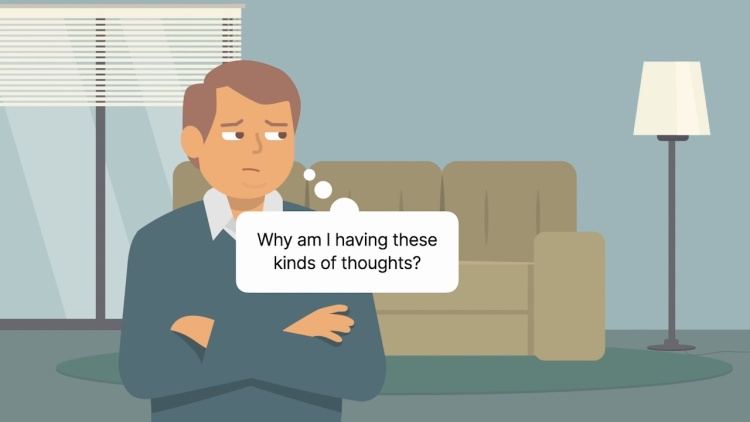Motus v. Pfizer Inc.
United States District Court for the Central District of California
196 F. Supp. 2d 984 (2001)

- Written by Denise McGimsey, JD
Facts
On November 6, 1998, Victor Motus’s physician, Gerald Trostler, prescribed him the antidepressant Zoloft after Motus disclosed personal problems resulting in unhappiness and difficulty sleeping. Trostler filled Motus’s prescription by giving him a sample packet of Zoloft that Trostler had received from a representative of Pfizer Inc. (defendant), the drug’s manufacturer. The packet did not contain any warnings. The box of samples given to Trostler may have included an insert with warnings but Trostler could not recall for certain and, in any event, never read any warnings provided by Pfizer. If he had, Trostler would have read that some patients had attempted suicide during trials of Zoloft, that Zoloft was not necessarily the cause thereof, but that close supervision of high-risk patients was recommended. Trostler prescribed Zoloft to Motus based on his personal experience and information from journal articles. Trostler had met with Pfizer representatives in the past but could not recall specific information imparted by them regarding Zoloft. He was aware that antidepressants in the same category as Zoloft had been associated with a higher risk of suicide, but he discounted those studies based on his experience. On November 12, 1998, Motus committed suicide. During the six days that Motus was taking Zoloft, Trostler was not informed that Motus was experiencing any adverse reactions to the drug. Motus’s widow, Flora Motus (plaintiff), sued Pfizer, alleging that it was liable for failing to adequately warn that the use of Zoloft could cause suicide. At Trostler’s deposition, Mrs. Motus never asked whether Trostler would have altered his treatment of Motus had Pfizer provided him with a specific warning about the risk of suicide. Pfizer moved for summary judgment.
Rule of Law
Issue
Holding and Reasoning (Matz, J.)
What to do next…
Here's why 907,000 law students have relied on our case briefs:
- Written by law professors and practitioners, not other law students. 47,100 briefs, keyed to 996 casebooks. Top-notch customer support.
- The right amount of information, includes the facts, issues, rule of law, holding and reasoning, and any concurrences and dissents.
- Access in your classes, works on your mobile and tablet. Massive library of related video lessons and high quality multiple-choice questions.
- Easy to use, uniform format for every case brief. Written in plain English, not in legalese. Our briefs summarize and simplify; they don’t just repeat the court’s language.





